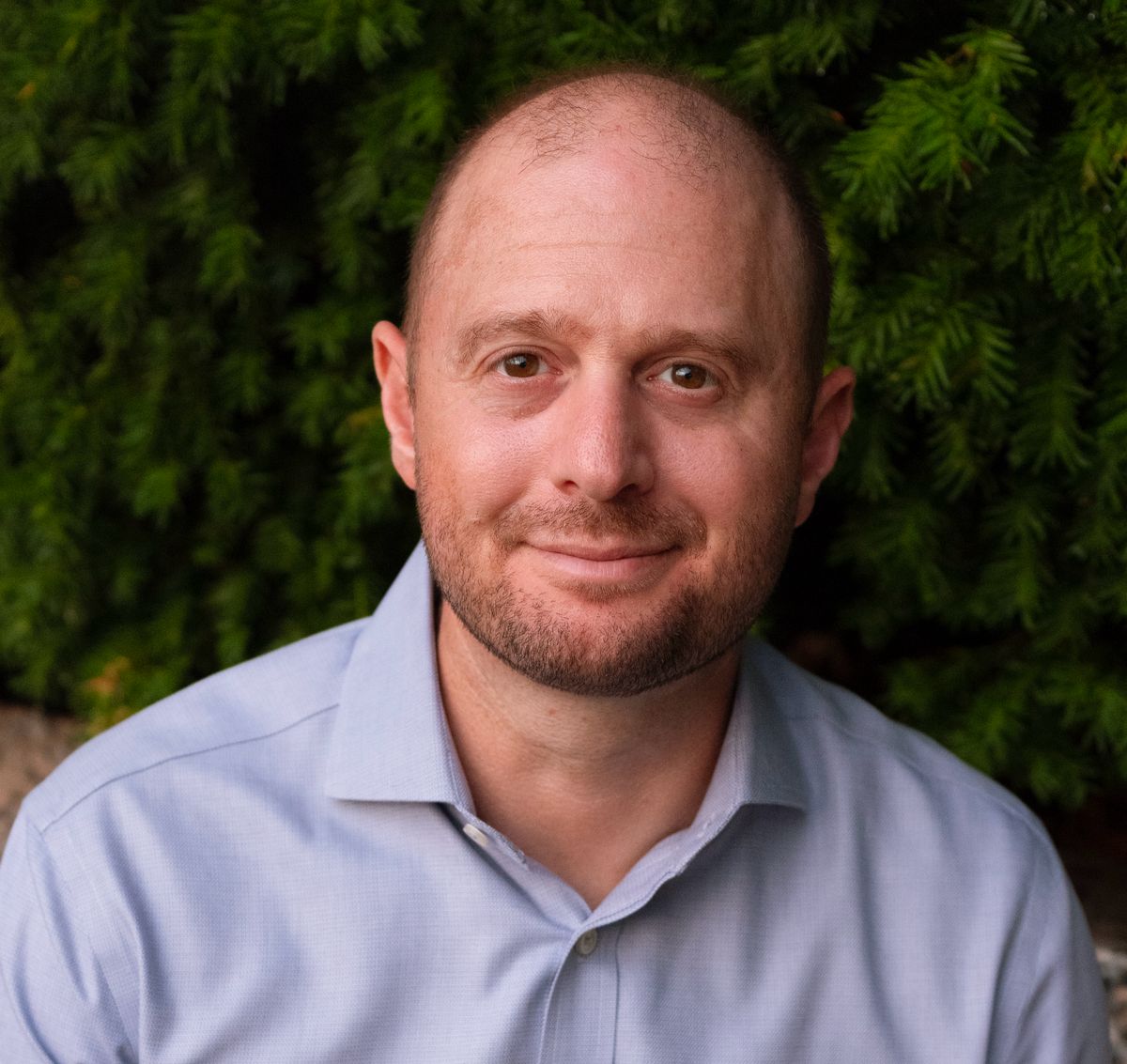On a trip to Wisconsin recently, I took a right turn at a hay bale and wound up in Deep Space.
My trip to Wisconsin—Verona to be specific—was thanks to an invitation from Epic. The massive health technology company that runs the system you use to connect with your medical team, MyChart.
Epic’s campus has a building called Deep Space that has levels that fit the fact that it’s underground—Sky, Grass, Dirt, Rock, Magma, Core. It also has an octopus fountain, ski lodge, and a collection of storybook-themed buildings. I almost ran into a desk and a chair hanging down from the ceiling in an Alice in Wonderland-themed building.

Epic’s campus in Verona, Wis. Photos courtesy of Epic.
While the campus is memorable, Epic’s influence is way more important given its health record system is used by clinicians caring for more than 300 million people, connecting medical professionals to each other and you to them. And Epic is about to inject artificial intelligence in myriad ways.
Some projects are already in place, while others are planned for the next few years. All told, there are more than 160 AI projects—many of which are directly relevant for cancer survivors.
Take, for instance, their plan to nudge you and your doctor.
Let’s say you had breast cancer in 2018 and then a rise in your thyroid levels a few years later. If there is overwhelming evidence in the millions of records they see that patients with that timeline often face heart issues in year six, Epic will nudge your doctor. This can lead to earlier screening and detection and a healthier population.
Want to know what else is coming? Here goes:
Draft visit notes with AI, and then tailor them to the patient’s language, education and understanding of medicine.
Help your doctor understand the chances of success for a particular therapy or drug before it’s prescribed.
More real-time health monitoring, where AI can help Epic more easily flag when your blood levels or other tests are moving in a concerning direction based on your own records in comparison to a large dataset of other patients. You might even get a deterioration index score over time.
“The system will escalate to clinicians if the patient is getting off track,” says Sean Bina, vice president of Access and Patient Experience at Epic.
Already, Epic’s AI is helping clinicians improve care outcomes. Epic notes Christ Hospital has a 70% lung cancer detection rate after integrating AI in diagnosis; a rate that exceeds the national average of about 50%.
All this progress has some executives in healthcare and technology bemoaning Epic didn’t get into AI sooner. There’s also others – particularly doctors – who are concerned that Epic is getting into AI at all. For its part, Epic says it’s been purposeful. One example of that is that the firm chose to collaborate with a more established firm, Microsoft, in its AI efforts.
As a patient, it is tough not to get excited about the possibilities. But, like with all things AI, the possibilities also come with concerns.
My first concern is privacy. Medical records feel even more private than my social security number and accessing them in new ways raised some alarm bells.
Epic executives say the company designs all of its software to protect patient privacy and uses secure pipelines to ensure your data won’t be shared with AI companies to train models. Notably, unlike many AI companies, Epic is bound by strict HIPAA rules.
My other concern is my own mental health. Many of us are now getting our medical records sent directly to us via email or MyChart portals. This is great, we should have access to our own records. But this new accessibility has also been a bit of a curse. Like many of you, I have panicked over many test results—from weird nodules to scary blood results—before my doctor called. I’ve been convinced my cancer was back 100 times when reading a radiologist’s report.
The idea of getting a nudge that tells me I’m at risk for cancer or other diseases could send me down a negative spiral.
Epic says that while you will still get many results directly (this is thanks to the 21st Century Cures Act and as a side note, you can opt out), the AI-driven nudges will go only to doctors. Like with genomic testing or any other new technology, nudges can be complicated to interpret and Epic’s thinking is that it’s best having this information given to you by a healthcare professional and not directly.
This makes some sense to me. Epic is trying to keep my panic attack from happening.

Epic’s Users Group Meeting. Back of my head pictured about 20 rows from the stage.
For those concerned about any marriage of health and AI, we might be past the point of no return. Over the past few months, I have met dozens of doctors, executives, chief technology officers and office managers using AI in new ways. All are experimenting with AI for everything from direct care to payroll and insurance approvals.
Epic says it is merely embracing reality.
A reality that Epic’s founder Judith Faulkner views as the natural next great progression from the personal computer to the Internet to the cell phone. Judy, as the company’s founder in 1979, has pivoted the company to embrace each of these revolutions.
It is no different with AI, she says.
She’s upped training of employees in AI, asked many to spend an hour a day with it and made it a central priority of the firm’s growth. She notes the culinary staff is even using AI for recipes.
“This is a huge time of growth for technology and medicine with things that couldn't be done before. It's exciting to us at Epic, and I hope it's exciting to you, too, as you see it all come together,” said Judy at the company’s Users Group Meeting last month, where she unveiled many of the AI projects.
Between the Lines
Each week, I find a news article, research paper, or other published work that is relevant for survivors. And then provide some actionable advice for you.
At the end of the summer, the National GRACE Foundation announced that it would provide free admissions counseling for cancer survivors. This free service would include help with navigating both admissions and financial aid.
It’s exciting and if you are going through admissions after cancer, you should call them.
But you also shouldn’t stop there. I’ve been shocked throughout the past year with how many places offer free services for cancer survivors. Your broker might offer free financial planning. Your state may offer free vocational retraining. Your gym, your fertility treatments, your genetic testing might all be covered.
You should ask and you shouldn’t feel guilty. Talking with people inside these groups offering free services, they want to do this because they it will help. They also think you might be good business in the long run.
